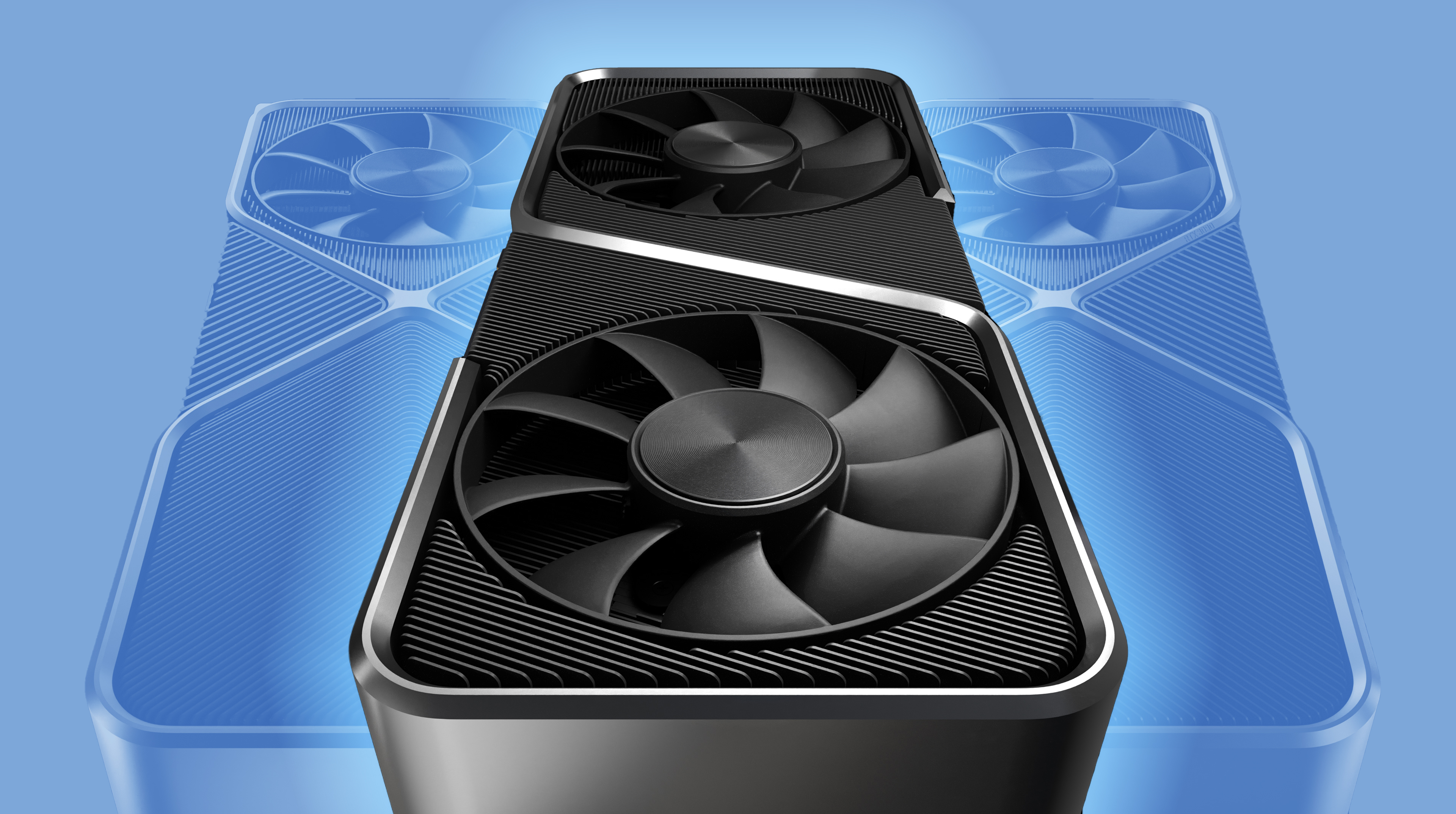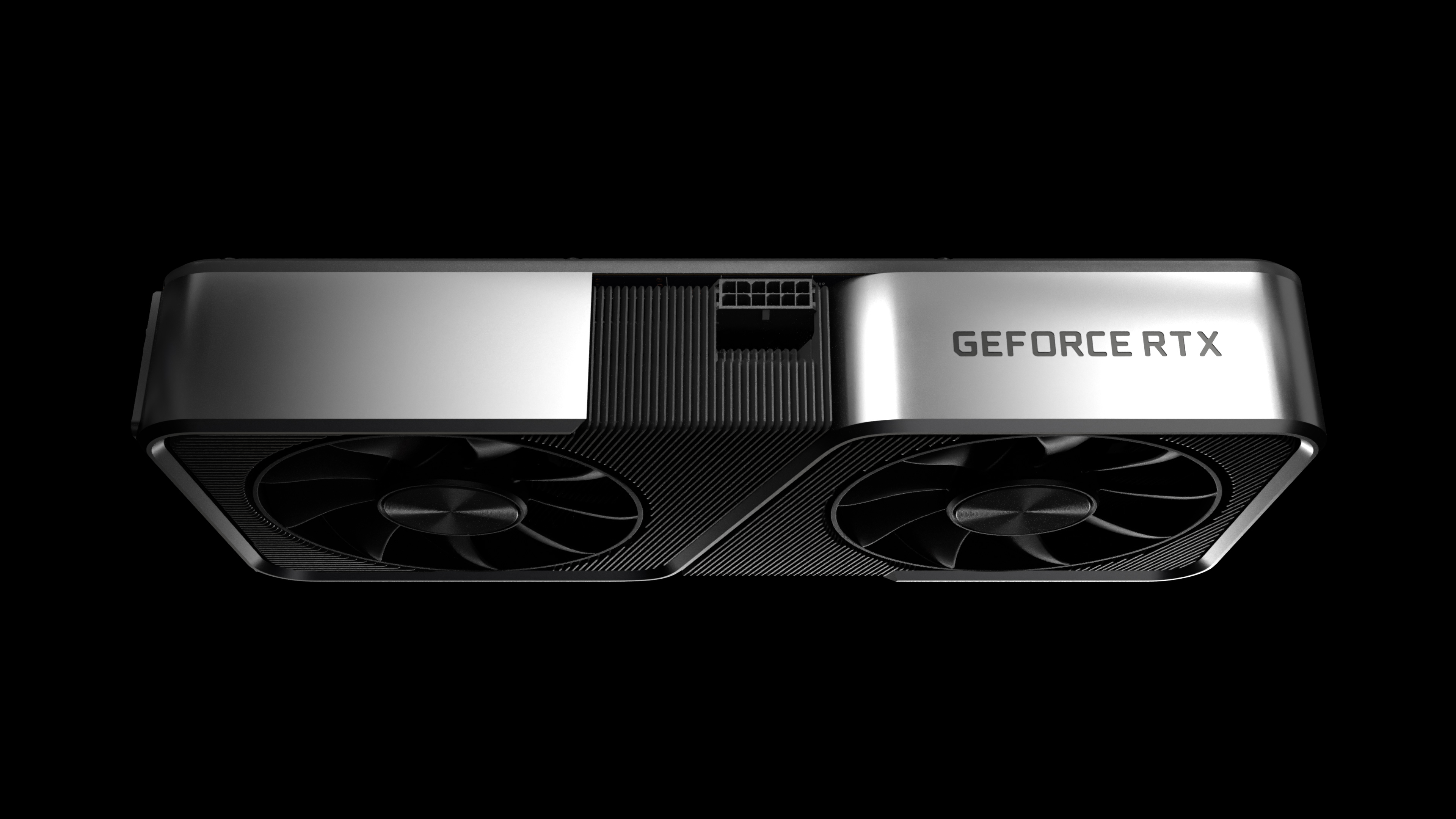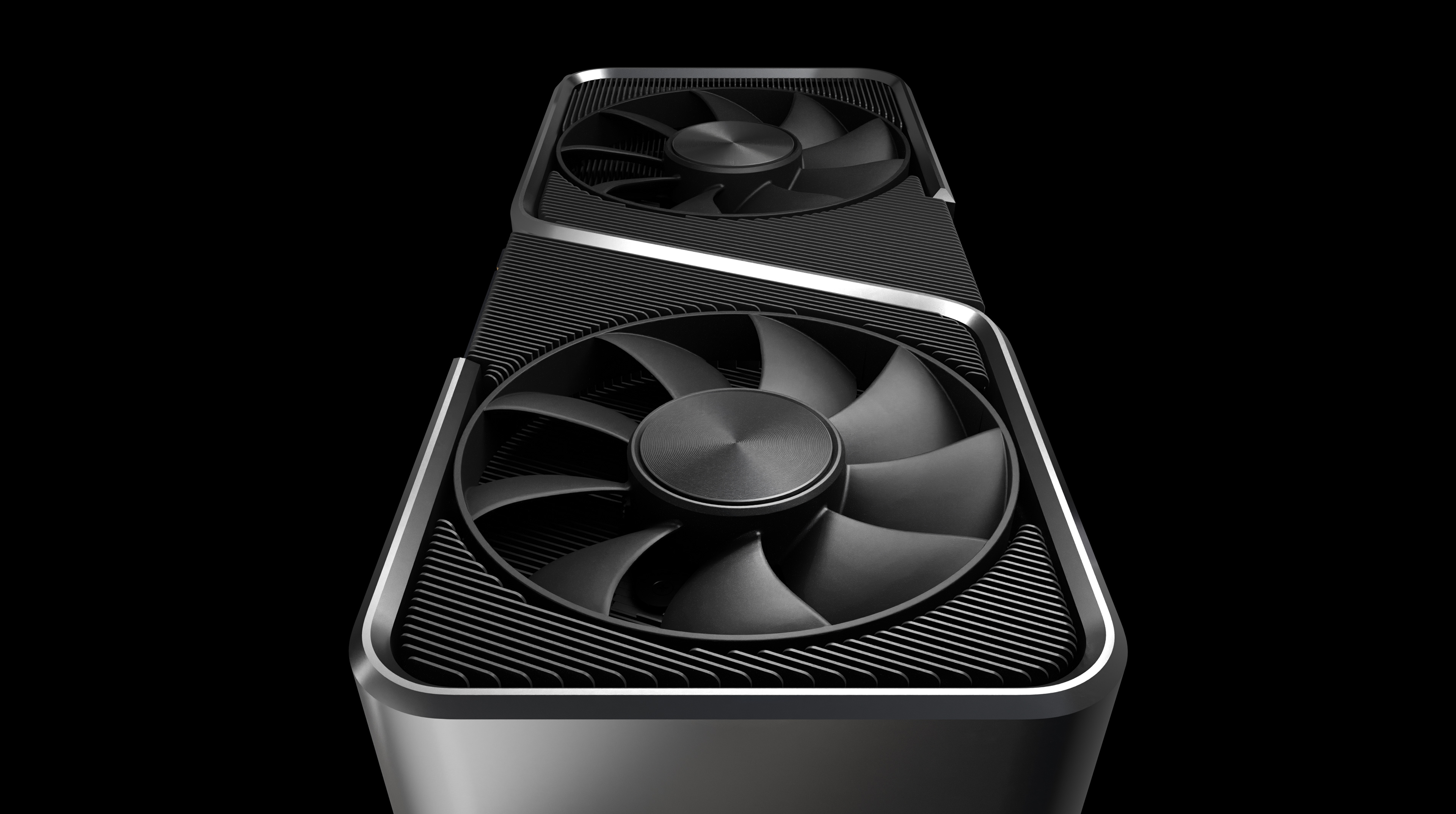Will the Nvidia RTX 3070 launch be better? Here's what we've learned from the 3080 and 3090
Third time's the charm?

Following the stumbling release of the RTX 3080 and RTX 3090, it's easy to lose faith in the system being able to deliver the more affordable RTX 3070 without bots and resellers beating us to the punch. A sad fact about graphics card launches are that they're often subject to colossal demand, which means there's money to be made for those looking to make a quick buck flipping graphics cards.

Best CPU for gaming: the top chips from Intel and AMD
Best graphics card: your perfect pixel-pusher awaits
Best SSD for gaming: get into the game ahead of the rest
None more so than the high-end RTX 30-series launches, which doesn't bode well for perhaps the most interesting graphics card of the lot, the RTX 3070.
Lessons were learned from the RTX 3080 launch on September 17, however. Nvidia has since promised sweeping changes to its webstore in order to combat resellers and bots, and to better deal with the server load from thousands of potential punters looking for a next-gen Ampere upgrade for their rig.
The RTX 3090 launch, however, was a rerun of similar issues. Demand soared and cards sold out in a flash. Nvidia apologised for the low stock levels of the RTX 3090 even prior to the card going on sale—it surely could see the conundrum that was about to spring fourth. The RTX 3090 was never intended for a colossal gaming audience, but with RTX 3080s selling for thousands over the $699 MSRP, it was a second chance at a now-cheaper card for many, despite its tremendous $1,499 price tag.
But perhaps this is the least representative launch of the lot. The would-be Titan was always going to be running short on stock, it's near-enough the complete configuration of the GA102 GPU, so it demands a near-perfect chip every time. Yeah, and it's $1,499.
The RTX 3070 should, in theory, be the most plentiful graphics card of the so-far announced RTX 30-series cards, and you can be damn sure Nvidia will be wanting to stockpile as many of them as it can before launch. Likely with good intentions to that point, the launch of the RTX 3070 is not until next month.

When is the RTX 3070 going on sale?
October 15, 2020, 6am PT (9am ET, 2pm BST) seems to be the working theory today, although a rather low-key forum post is hardly the broad announcement you'd expect from Nvidia, and as such I'd suspect it's not yet set in stone. It wouldn't surprise me if the launch was pushed back just a touch in light of kindred launches, and Nvidia has up until October 28 before AMD reveals anything RX 6000-shaped.
Keep up to date with the most important stories and the best deals, as picked by the PC Gamer team.
Sadly, there's little we, or by extension, you, can do to net a better spot in line for an RTX 3070 when launch day comes. Nvidia has promised improvements to its store, yet that didn't help most of us yesterday seeing a brief flash of availability before the 'Out of Stock' button rose its ugly head for the duration. Hell, even if you did manage to hit purchase when the card was in stock, you were often left on the checkout popup indefinitely. No doubt Nvidia's servers gave up under the increased load.
We found major retailers were a little more forgiving, although you still need to be there on the day and ready to hit purchase (and checkout) as swiftly as possible. A good tip is to sign up for an account and fill all your details into the system beforehand, so you won't have to manually enter them during the great rush.
And here's hoping many of those retailers have learned from the RTX 3080 launch and employed similar measures to Nvidia in terms of server load and bot protection. Many sites tripped over themselves during the 3080 launch, but fared better for the RTX 3090, so here's hoping the wave of consumers don't break the camel's back with the RTX 3070. Stores off the beaten track may fare a little better, but are also less likely to have as much stock, server capacity, or guards against resellers.

And be prepared for the situation to get scrappy, fast. The RTX 3070 is sure to attract the attention of most PC gamers chasing a decent upgrade in 2020, at least until the inevitable RTX 3060 comes along, and the low availability of the other two high-end Ampere cards is sure to only make matters worse.

Here's the latest on RTX 3080 stock, according to retailers and manufacturers.
At least for those of us that remember the great GPU shortage of late 2017/early 2018, there is light trying to shine out from behind these murky and grey skies. Nvidia is working overtime to get these cards out, and while there's high demand, it's not like that demand is unquenchable in the way crypto mining was. If you aren't familiar, there was a good spell there when not a single decent modern graphics card was available to purchase, and those that were were often over-priced and run to rags by miners, due to the rise of cryptocurrencies still able to be mined profitably by the parallel processing of a consumer GPU.
It was a bad time, and we're nowhere near those dark days. Every tech launch has its fair share of turbulence. Intel's CPUs are often unavailable for long periods, AMD's high core-count chips were the same for a period of time, but in the end everything always settles down in a couple months. When there's money to be made, the supply meets the demand.
Not to mention AMD is also confident in its ability to deliver RDNA 2 GPUs at launch, at least more than a so-called 'paper launch' worth, which could make for a viable red team alternative and ease pressure somewhat. Guess that all comes down to where on the RTX 30-series performance scale the RX 6000 series lands—and at what price.

Jacob earned his first byline writing for his own tech blog. From there, he graduated to professionally breaking things as hardware writer at PCGamesN, and would go on to run the team as hardware editor. He joined PC Gamer's top staff as senior hardware editor before becoming managing editor of the hardware team, and you'll now find him reporting on the latest developments in the technology and gaming industries and testing the newest PC components.

